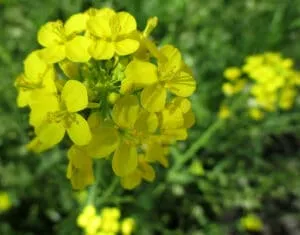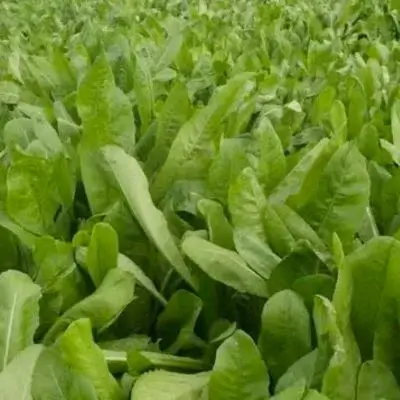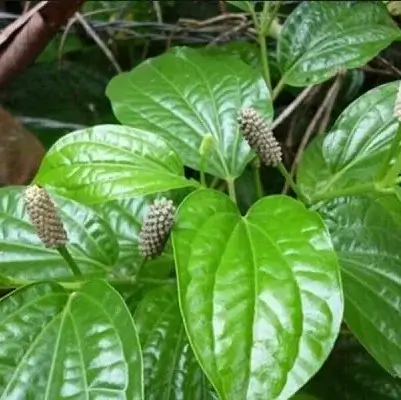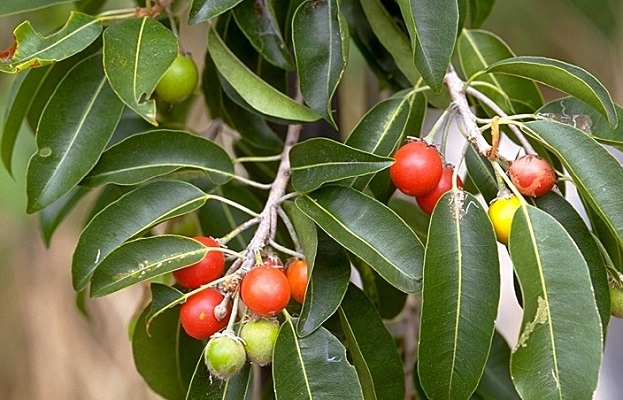On This Page
Sarsapa – Brassica campestris
Introduction
Sarsapa, better known as Mustard is one of the most widely used herb all around the world. Sarsapa is well known for it’s oil. The word Sarsapa itself means that the plant contains more oil. The word brassica indicates the cabbage plant like appearance and campestris means that it mainly grows in flat lands. It is widely cultivated in India owing to it’s medicinal properties and as a food ingredient.
Institute of Applied food Allergy guided by Dr. Gupta, have been studying on readily available herbs for the purpose of alleviating allergic condition. Our experts studied on Sarsapa and proven the plant’s therapeutic activities like Diuretic, Anthelmintic, Laxative, Rejuvenative, Rubifacient, Memory enhancer and Anti-inflammatory actions. Sarsapa can be used in various diseases like Skin diseases, worm infestations, itching, Skin allergic conditions, Inflammation etc. Our experts have also proven that the plant can be used in alleviating digestive disorders and joint related issues. The ethyl acetate extract of the seeds of Sarsapa have many compounds including vinylsyringol, sinapinic acid, syringic acid etc and these aids in the therapeutic actions of the herb.
Action of Sarsapa – Brassica campestrisin Allergies
IAFA experts have successfully proven the antiallergic property of the plant Sarsapa. The plant contains phytoconstituents like stearic acid, oleic acid, linoleic acid, ecosenic acid, crucic acid, singrin, indole etc. These phytoconstituents aids the antiallergic and anti-inflammatory property of Sarsapa. It is used both internally and externally in allergic conditions.
Vernacular Names
| Sanskrit Name | Sarsapa, Bhutaghna, Sidhartha |
| Hindi Name | Sarson |
| English Name | Mustard |
| Malayalam Name | Katuk |
| Kannada Name | Sasive |
| Marathi Name | Kalamahore |
Botanical Name
Brassica campestris
Family
Brassicaceae
Morphology of Sarsapa – Brassica campestris
- An erect, annual branched herb
- Leaves are large petioled, oblong
- Inflorescence is raceme
- Flowers are bright yellow
- Fruits are pods
- Seeds are brown
Ayurveda Reference of Sarsapa – Brassica campestris

Geographical Distribution of Sarsapa – Brassica campestris
Sarsapa is found throughout India and is cultivated in many areas.
Phytoconstituents of Sarsapa – Brassica campestris
The plant contains phytoconstituents like stearic acid, oleic acid, linoleic acid, ecosenic acid, crucic acid, singrin, indole etc.
Parts Used of Sarsapa – Brassica campestris
- Seed
Dosage of Sarsapa – Brassica campestris
- Paste (Kalka) – 1 g
- Oil (Taila) – 20 ml
Medicinal Properties of Sarsapa – Brassica campestris
- Kandughana – relieves itching
- Kushtaghna – relieves skin diseases
- Medhya – enhances memory
- Sophahara – relieves swelling
- Swasahara – relieves asthma
- Rasayana – rejuvenative
- Visaghna – useful in poisoning
- Kandughna -Relieves itching

Have A Health Issue?
Consult Online
- Dr. Sahil Gupta (B.A.M.S., M.H.A.)
Ayurvedic Allergy Specialist
CEO & Founder of IAFA®
Home Remedies of Sarsapa – Brassica campestris
Ayurveda is an ancient system of medicine, extensively popular in India. More than medical care, Ayurveda advices lifestyle modifications which helps in relieving diseases and promoting immunity. Ayurveda uses herbs that are commonly seen around. Sarsapa is a major herb used in Ayurveda and is used in many diseases like,
- In Skin diseases (Kushta) – Oil prepared from Sarsapa is applied externally and is beneficial in Kushta.
- In Diabetes (Prameha) – Decoction is made of Mustard and taken to cure diabetes.
- In Cough (Kasa) – Powder of Mustard is mixed with honey and taken repeatedly to cure cough.
- In Fever (Jwara) – Decoction or water processed of mustard and taken to cure fever.
- In Anorexia (Aruci) – Juice of Mustard is mixed with honey and taken.
- In Itching (Kandu) – Oil of mustard is applied over the skin part and it alleviates itching
- In Worm infestations (Krimi) – Decoction of Mustard is taken internally at a dose of 60ml.
- In pain (sula) – Application of mustard both internally and externally in pasty form will relieve pain.
Ayurveda is an Indian system of medicine which uses different forms of products derived from herbs that are commonly seen around. Dr. Gupta’s IAFA have been conducting research studies to find out different phytoconstituents of herbs and their action in body. Such knowledge acquired through these researches by our experts is used to produce different medicines purely based on Ayurveda. IAFA is the provider of safe and effective treatment for a wide range of diseases, mainly allergic diseases all based on Ayurveda.
Reach IAFA for safe herbal remedies for all your ailments!!!
Was this Page Helpful?
Read More Articles

Kasini (Cichorium intybus)
Know about the uses, benefits, and medicinal properties of Chicory, Kasini (Cichorium…









